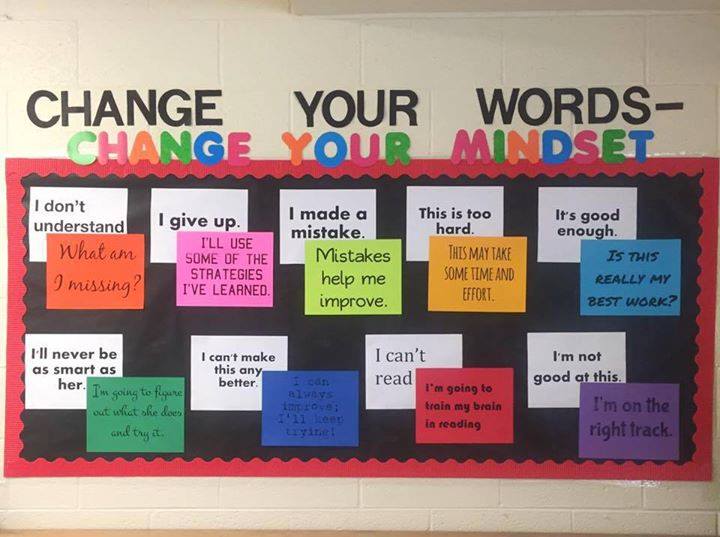PLAN AND PREPARE: TIPS FOR A POSITIVE SCHOOL YEAR

As the lazy, hazy days of summer wound down in August, the “Back to School” commercials began in full force. TV and print advertisements from major retailers showed smiling students and adults buying colorful backpacks and school supplies . This is in contrast to the past two years when TV brought no shortage of bad news about the global pandemic, its impact on education, and news about horrific school shootings. It’s not just a commercial, we do have the ability to help our kids move through this school year with a positive mindset.
Now that we are into September and the school year is underway, one of the most important things we can do with our students is talk with them. Engage in dialogue about what they are excited about, what concerns they have, and their overall thoughts and feelings about the upcoming year. Nervousness, excitement, anxiety, and anticipation can make up a child’s emotional mix at the start of the year. Open conversations will help identify and address any negative thoughts or feelings that our kids may harbor. Conversations will help our students focus on strengths and internal and external resources .
Remind them of times when they showed grit, recovered from a poor grade, navigated a tricky peer situation, or made a new friend. Revisiting the past will reinforce that those skills are still present inside of them and ready to be used when needed. For teens, often you will help them by simply lending an ear and listening to their concerns.
I also believe in teaching children the two P’s: plan and prepare. This can apply to different parts of school – the practical and concrete, such as establishing new routines, using a new planner for time management, or designating a space to complete homework; or the conceptual, such as sitting with a different group at lunch or knowing and talking about the importance of the junior year of high school. When we feel prepared, we feel more confident.
We constantly communicate with our children, both verbally and non-verbally
As parents, it is also important to have an awareness of how our own feelings affect our children. We constantly communicate with our children, both verbally and non-verbally. Called emotional contagion, we transfer not only words, but feelings to our children. If we feel anxious about the school year, our children will pick up on that; conversely, if we portray confidence, our students will feel confident.
Recognize that kids are by nature resilient, although some more than others. Thanks to neuroplasticity – our brain’s fascinating ability to reorganize itself – we can continue to dust off the residue of COVID, navigate through all of the negativity, and keep things optimistic, constructive, and encouraging over the next nine months.
Here’s to a positive school year!
Dina Ricciardi, LCSW, ACSW
–We thank guest blogger Dina Ricciardi for her continued contributions to Two Peds in a Pod on the mental health aspects of parenting. Drs. Kardos and Lai
Ricciardi, LCSW, ACSW is a psychotherapist in private practice in Doylestown, PA who works with children, teens, and adults. Her areas of expertise include anxiety, depression, disordered eating, and ADHD. She has studied at the Family and Play Therapy Center in Mt. Airy and is a graduate of the Philadelphia Psychotherapy Study Center. Her full profile is available on the Psychology Today Therapist Finder and on LinkedIn.
©2022 Two Peds in a Pod®